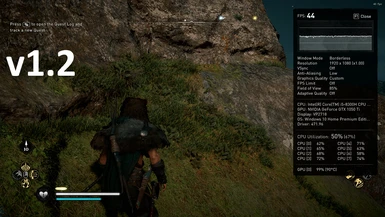

The undercurrents of Sinophobia held at bay as she touted China as an ally have come flooding back with her detention by the military.

A sharp rise in anti-Chinese sentiment in the days since the military’s takeover has made quick work of years of confidence building between Suu Kyi, a once-vaunted prodemocracy icon, and her authoritarian neighbor. Yet this narrative, although enticingly straightforward in a country where little is, is a dramatic oversimplification that ignores numerous factors: the coup’s destabilizing effects, including on major Chinese-backed projects the Burmese military’s long-held wariness of China, including the junta leader’s personal distrust and perhaps most important, the surprisingly friendly relationship that the National League for Democracy, Suu Kyi’s party, had cultivated with Beijing.

The more isolated Myanmar becomes, the better for Chinese exploitation. Myanmar is a pariah once more, and Beijing should be freer to pursue its agenda with a leadership that seems willing to cast aside the concerns and misgivings of its population, forcibly if needed. The United States has already imposed targeted sanctions in response to the coup, as have Canada and Britain. Thus, the military’s return to power in the country, popular thinking seemed to go, would be welcomed by China, happy to see itself again as Myanmar’s staunchest ally in a drastically depleted pool of diplomatic friends. China’s near monopoly on Myanmar appeared all but finished. When Myanmar’s generals began cautiously opening up the country a decade ago, the move brought a rush of new foreign businesses, eager to move into a long-closed, underdeveloped market, as well as renewed diplomatic ties. Online, amateur sleuths have pored over photos of the protests, looking for Chinese military insignia on uniforms and even fair-skinned soldiers among the armed forces that have been deployed to the streets.Ĭhina, Myanmar’s largest neighbor, maintained cozy relations with the previous junta for decades, even as Western countries cut off contact and imposed withering economic sanctions, isolating the country and throwing unwavering support behind the opposition leader and Nobel laureate Aung San Suu Kyi. Rumors abound about what is being transported on nightly flights between Yangon and the southern Chinese city of Kunming. Conspiracy theories have swirled about the arrival of Chinese technicians to help Myanmar’s new junta build its own “firewall” to control the internet. P rotesters in Yangon have in recent days gathered near the imposing red doors of the Chinese embassy in the city, denouncing China for what they say is its support of this month’s military coup in Myanmar.


 0 kommentar(er)
0 kommentar(er)
